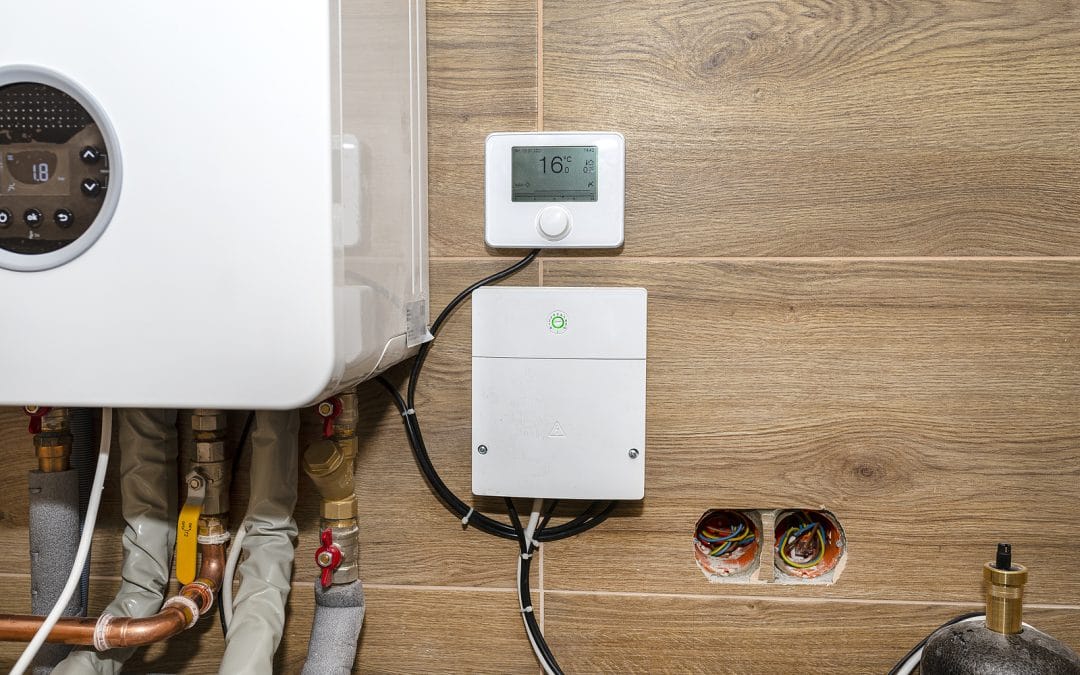One of the discussions that seemingly will never end is the future of heating, and specifically, how our heating systems will look in the year 2035.
Some of the enquiries we receive regarding boiler replacements are tinged with a degree of concern from homeowners that if they opt for a low-carbon, highly efficient gas boiler, they may be forced to remove it in less than a decade.
This is explicitly not the case, as reported in the Independent at the start of this year, but given that a boiler replacement is a big decision made once a decade at the very most, it is worth understanding what is going on, why there is confusion, and what homeowners should do right now based on their circumstances.
What Was The Gas Boiler Ban?
The concerns surrounding gas boilers did not come from whole cloth, and had been alluded to in policy documents over the past five years as part of a series of measures to decarbonise the United Kingdom.
The plan, were it to take place, would have involved a phase-out of their use; they would first be restricted in new homes in 2025 before there would be a ban on installing new boilers into existing homes by 2033.
It must be noted that at no point was there a plan to force people to remove existing working boilers, even before the policy shifted.
Both of these dates were delayed due to complexities surrounding the closest like-for-like replacement for gas boilers, which would have used increasing blends of hydrogen gas for heating.
After multiple trials were withdrawn due to supply issues and concerns from residents, the decision regarding the role of hydrogen in the future of heat significantly complicated attempts to ban boilers, as it left only one alternative heating system.
Following the 2024 General Election, it was implied before being outright stated that boilers were not being banned, and the focus of the new government would be on incentivising alternatives that would leave homeowners better off when these solutions are mature and low-cost enough to provide savings.
What Do I Need To Do?
If you are a homeowner, you do not need to do anything. Continue to book annual boiler services, repairs and replacements as normal for the lifetime of your current boiler and replace it with an efficient alternative when the time comes.
There is little reason to replace a boiler that is still working well, is not costing too much to repair and is efficient enough to keep heating your home without costing too much to do so.
If you have recently installed a new boiler, you will be able to use it for its entire expected lifespan without any issues, by which point the future of heat will become far clearer.
Similarly, if you need to replace your boiler soon, the situation is exactly the same, and you will not have an issue using it for the lifespan of the boiler.
Finally, if your boiler is likely to last another few years, unless the policy position drastically changes, you should be able to consider your options, one of which will be a new boiler.
Are There Any Preparations I Need To Make?
At present, the only people who may need to make alternative arrangements are people planning to build a new home after 2027, when the new Future Homes Standard is set to come into force.
Whilst there is not currently an outright ban on gas boilers under the FHS, the requirement of a low-carbon heating solution and the implication of a requirement to use solar panels suggest a transition towards an electrically powered heating system for new homes, such as a heat pump.
As heat pumps are easier to install in new-build homes, this is less onerous than forcing people to retrofit their existing homes with one.
At present, most people do not need to make any changes to their heating system or make any sudden major decisions. Instead, they should examine how the market is progressing, safe in the knowledge that you will have a free choice in how you heat your home for at least the next decade.
Instead of worrying about the potential penalties, therefore, explore if there are any incentives that work for you and make any particular heating solution more or less viable.
By the time you need to make a choice, there will be a wide range of options available, and experts who can guide you every step of the way.

